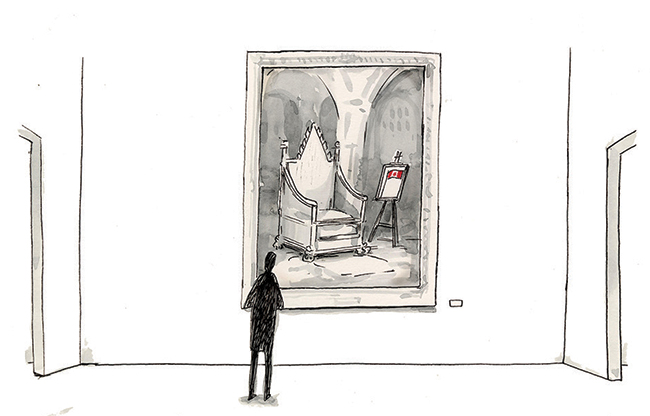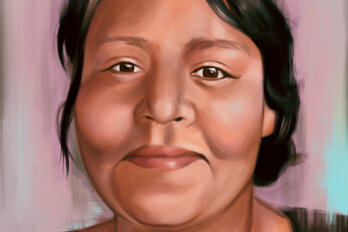Canada’s Victoria Day does a lot of heavy lifting. Officially, May 24 marks the birthday of the monarch who reigned when this country was founded, as well as the ceremonial recognition of our current Queen. In the beer-commercial version, people gather for barbecues on the long weekend or to open up their vacation homes—unofficially kicking off the start of summer. This year, with parts of the country isolated by COVID-19 restrictions and a sober tinge to the air, Victoria Day has a special poignancy. What, exactly, are we celebrating?
The country has changed a lot since its founding. The recent headline-making rifts in the royal family, and the death of Prince Philip, have created the impression of the autumn of an empire—a generational shift, as it were. According to a recent Leger poll prompted by the departure of former governor general Julie Payette, 53 percent of Canadians think “the monarchy no longer has its place in the 21st century.” This isn’t the lowest point of support for the monarchy in Canada: the call to break up with the royal family is a long-standing Canadian tradition. But the rest of the poll, which hasn’t received quite the same amount of public attention, struck me as revealing. Asked to choose from an exhaustive menu of liberal democratic systems of governance, ranging from a US-style republic to a federation of provinces without a queen or governor general, 14 percent of respondents still chose “other.” A relatively young country, Canada is sometimes held up as a model for others; the current climate tells us we’re still determining what that example should look like.
Over the past few years, a series of milestones—including the Truth and Reconciliation Commission’s final report, the Canada 150 events during the 2017 sesquicentennial, and even the rising tension between projects like the Keystone XL pipeline and the alarming evidence of climate change—have produced particularly direct discussions about what this country is and where it’s going. Many of the major themes we’ve focused on at The Walrus—Canada’s treatment of Indigenous people, the future of the economy, the tech sector, changing demographics, the climate crisis—point to a bigger story about how Canada is remaking itself.
This issue of The Walrus features dispatches from some of those ongoing conversations. In “Justice on Trial,” Eva Holland covers the recent conviction of Brayden Bushby, who was found guilty of manslaughter for killing Barbara Kentner with a trailer hitch. In recent years, a number of high-profile criminal cases have resulted in verdicts less severe than expected—or outright acquittals—in the deaths of Indigenous people. One of the most pressing issues the country is grappling with is racism, and Holland’s story tackles one of the places it lives in plain sight: the criminal justice system.
In “Doctors With Borders,” Jagdeesh Mann reports on the large number of foreign-trained doctors who would love to help alleviate Canada’s overburdened medical system but who can’t find relevant work even during a pandemic. In another twenty-first century file, social media, Erica Lenti’s memoir “A Dog’s Likes” is, on its surface, about promoting a beloved pet online. But it’s also about what the promise of accumulating social media followers and sponsors may represent to a young person today. Simon Lewsen’s cover story, “Mapping Mental Illness,” encapsulates some of the promise of the future: a researcher seeking to unlock the secrets of the human brain. As Lewsen writes, the approach could change our understanding of mental health—although, as with any ambitious project, it will take an extraordinary amount of cooperation to get there.
And, on our back page, constitutional expert and law professor David Schneiderman addresses the question du jour: Beyond all the talk about ditching the monarchy, what are Canada’s real options? As with so much of what has defined Canada in the past, the path toward change is complicated. But our present continues to stretch the idea of what Canada should be. Perhaps, this Victoria Day, rather than toasting the accomplishments of another time and place, we can celebrate our openness to evolving.





